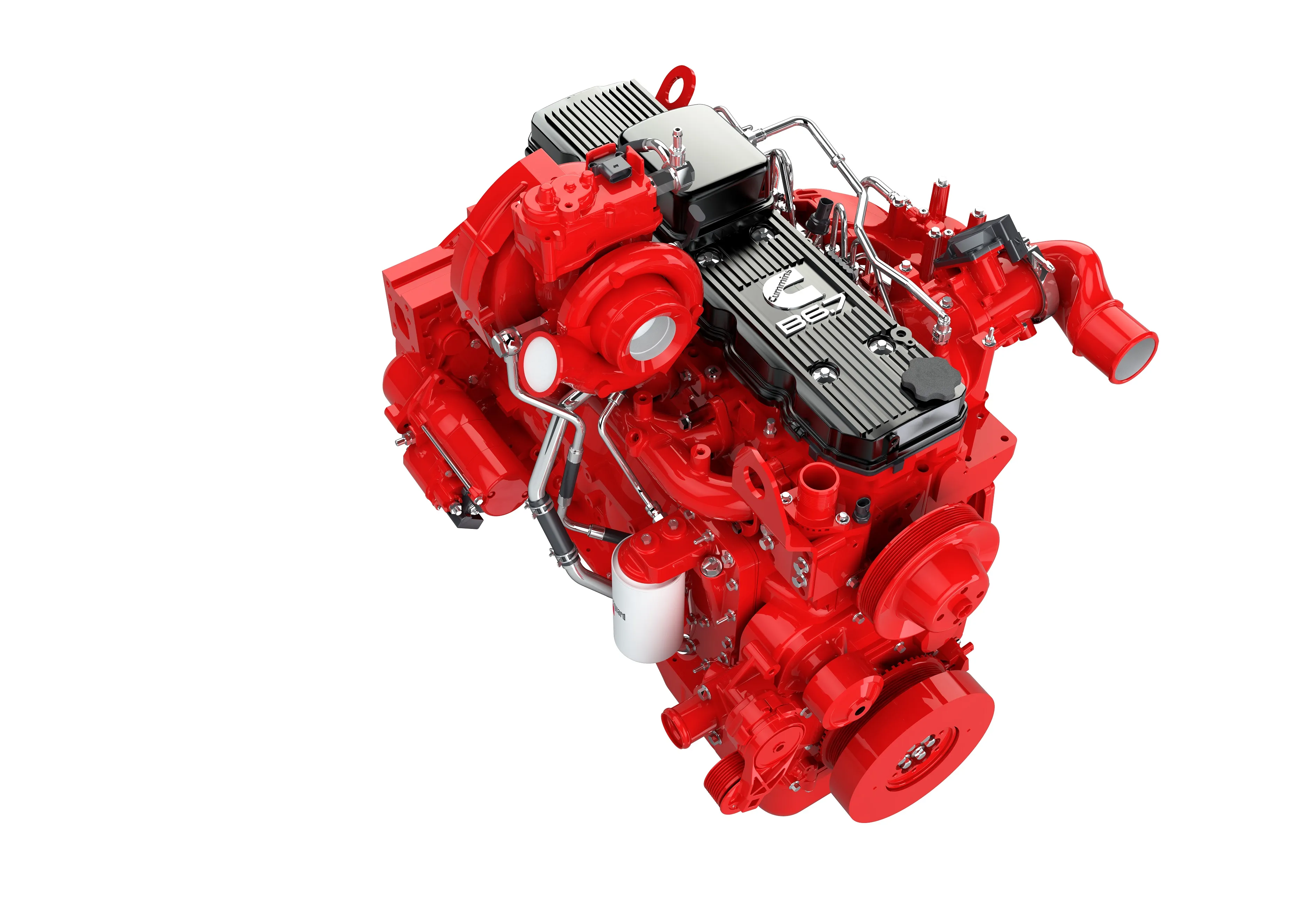After a solid first quarter 2011, Strabag, Central and Eastern Europe’s largest construction company, has raised its outlook for the financial years 2011 and 2012.
According to the new forecast, Strabag expects an output volume of €14 billion in 2011 (previous target €13.5 billion), with earnings before interest and taxes (EBIT) forecast to increase to €320 million, after €295 million had been predicted.
For 2012, the company had expected an output volume of €13.7 billion and an EBIT of €300 million, whi
May 9, 2012
Read time: 2 mins
After a solid first quarter 2011, 945 Strabag, Central and Eastern Europe’s largest construction company, has raised its outlook for the financial years 2011 and 2012.
According to the new forecast, Strabag expects an output volume of €14 billion in 2011 (previous target €13.5 billion), with earnings before interest and taxes (EBIT) forecast to increase to €320 million, after €295 million had been predicted.
For 2012, the company had expected an output volume of €13.7 billion and an EBIT of €300 million, while now it reckons with an output volume of €14.3billion and an EBIT of €330 million.
Hans Peter Haselsteiner, CEO of Strabag, explains the reason for raising the outlook.
“The first quarter of the previous year was characterised by a very long and hard winter. This year’s weather conditions allowed us to begin building significantly earlier, which is why we are pleased to report of double-digit growth of the output volume.
“We also have good news on the earnings side: last year’s EBIT is significantly positively distorted by a one-off effect in the balance sheet.
Nevertheless, with €145.38 million, EBIT in the first three months of the current financial year was not as negative as in the first quarter of 2010.
“After seeing the quarterly results, my management board colleagues and I are now more positive about the future than we were at the presentation of the 2010 annual financial report. We are therefore altering our outlook for the 2011 and 2012 financial years.”
For the first quarter 2011 Strabag generated an output volume of €2,309.25 million, which corresponds to an increase of 26%.
A country-level view reveals significant increases in Germany, Poland and the northern European markets.
According to the new forecast, Strabag expects an output volume of €14 billion in 2011 (previous target €13.5 billion), with earnings before interest and taxes (EBIT) forecast to increase to €320 million, after €295 million had been predicted.
For 2012, the company had expected an output volume of €13.7 billion and an EBIT of €300 million, while now it reckons with an output volume of €14.3billion and an EBIT of €330 million.
Hans Peter Haselsteiner, CEO of Strabag, explains the reason for raising the outlook.
“The first quarter of the previous year was characterised by a very long and hard winter. This year’s weather conditions allowed us to begin building significantly earlier, which is why we are pleased to report of double-digit growth of the output volume.
“We also have good news on the earnings side: last year’s EBIT is significantly positively distorted by a one-off effect in the balance sheet.
Nevertheless, with €145.38 million, EBIT in the first three months of the current financial year was not as negative as in the first quarter of 2010.
“After seeing the quarterly results, my management board colleagues and I are now more positive about the future than we were at the presentation of the 2010 annual financial report. We are therefore altering our outlook for the 2011 and 2012 financial years.”
For the first quarter 2011 Strabag generated an output volume of €2,309.25 million, which corresponds to an increase of 26%.
A country-level view reveals significant increases in Germany, Poland and the northern European markets.






